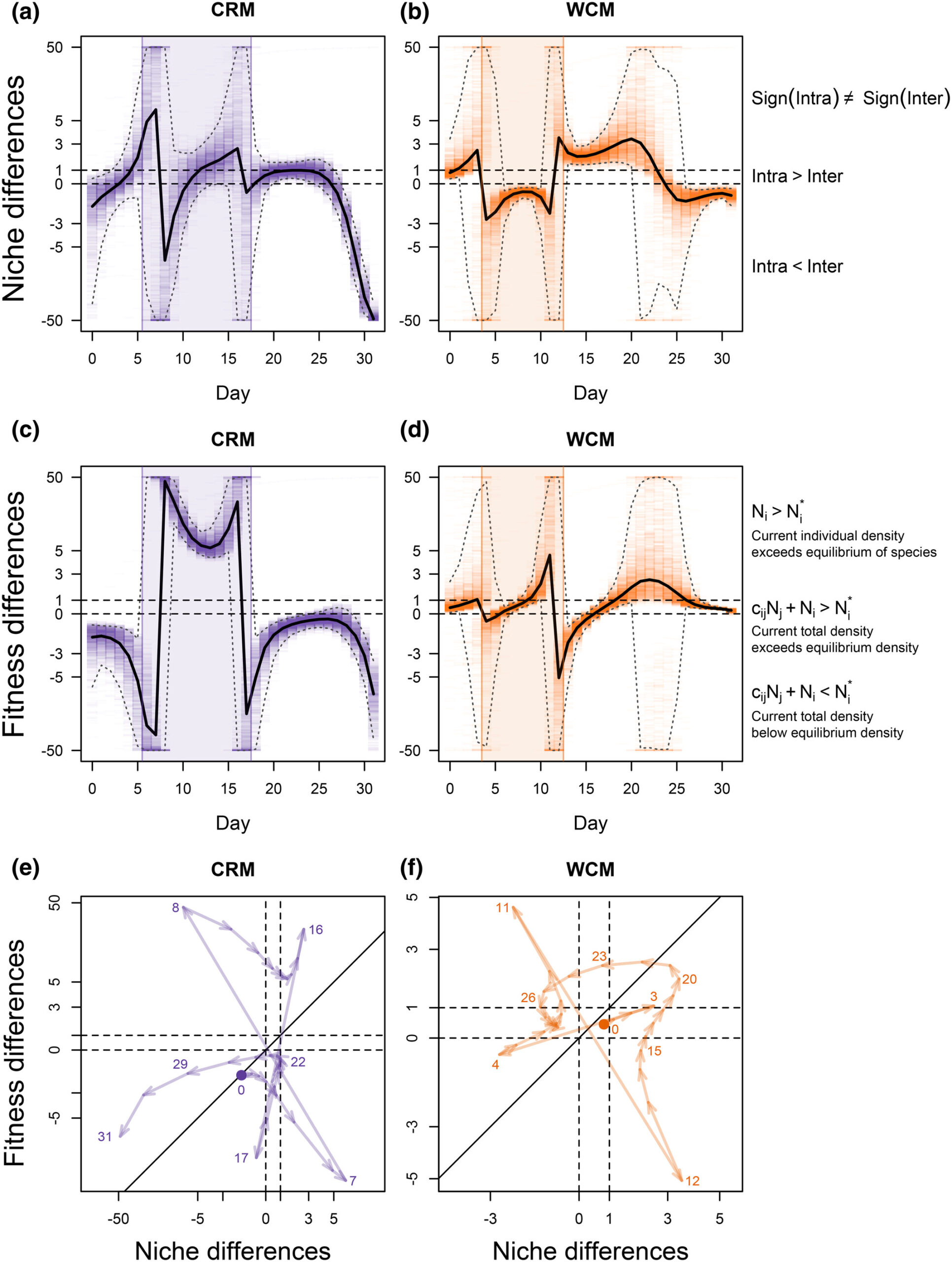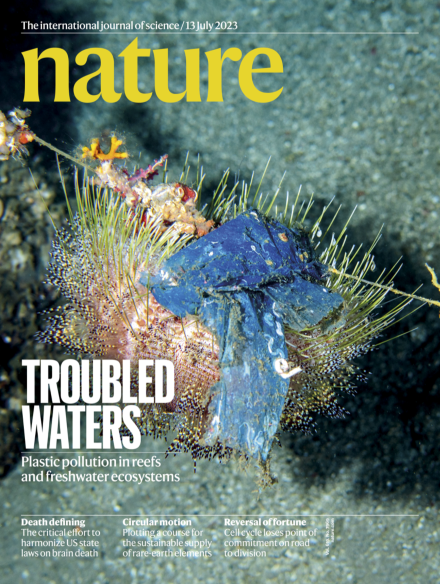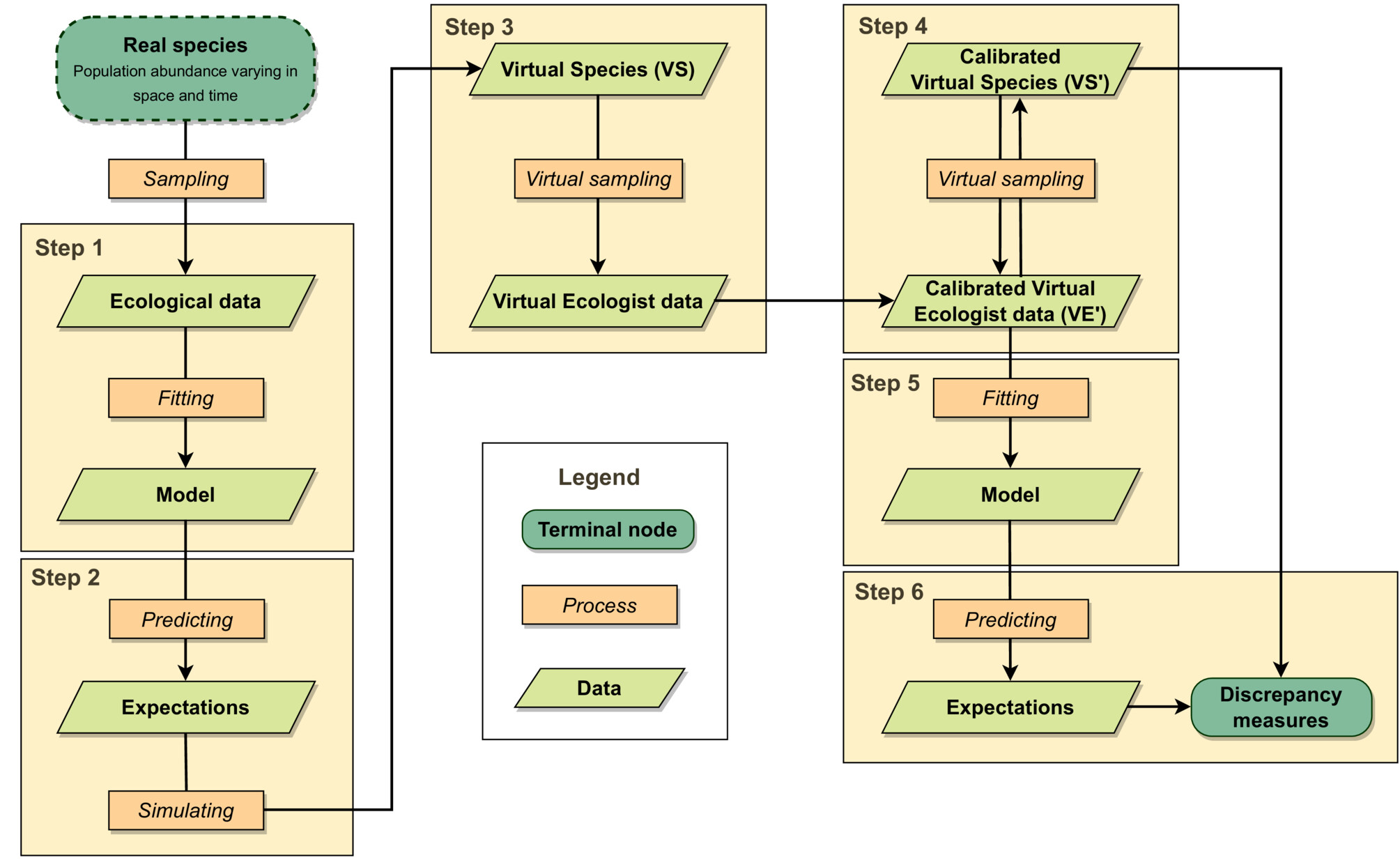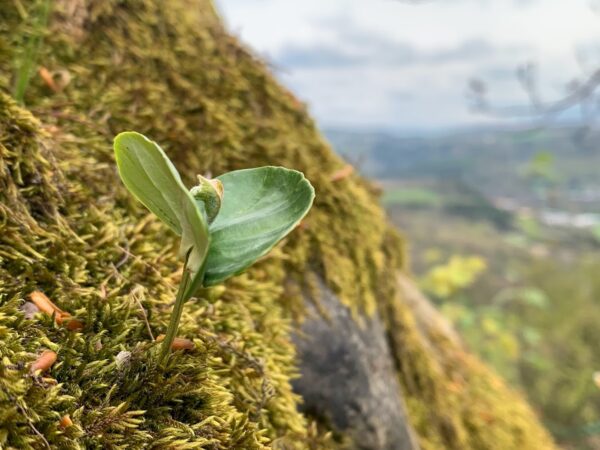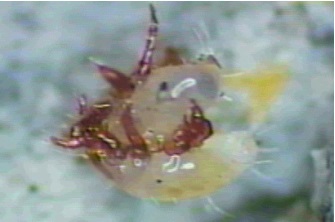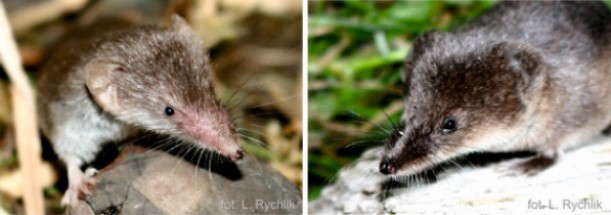About us
In the Institute of Environmental Biology we are pursuing several lines of research concerning ecology of individuals, populations and ecosystems, animal behaviour, bioacoustics, evolutionary biology, phylogenetics, taxonomy and systematics, biogeography, as well as biodiversity, environmental conservation and monitoring. Our study systems include a wide variety of taxa, from bacteria to vertebrates, and we explore many regions in the world, including Arctica, Australia, Africa, North and South America. We offer several BSc and MSc courses, and provide numerous PhD opportunities.
News
Article in Ecology Letters
A new publication by Agnieszka Majer, Anna Skoracka and Lechosław Kuczyński (Population Ecology Lab) in cooperation with Jürg Spaak (Institute for Environmental Sciences, Landau, Germany) [...]
Article in Nature Plants
The new paper published in Nature Plants explores how seed production in perennial plants, like European beech (Fagus sylvatica), synchronizes across vast distances, affecting ecosystem [...]
Publication in Nature of lake microplasctic
Article in Nature co-authored by Beata Messyasz reveals that lakes ecosystems play a key role in the plastic-pollution cycle. Read more here https://www.nature.com/articles/s41586-023-06168-4
Article in Biological Reviews
The journal Biological Reviews has published a paper authored by Anna Skoracka, Lechosław Kuczynski and Jacek Radwan and colleagues from the University of Lisbon and [...]
Publication in Methods in Ecology and Evolution
The journal Methods in Ecology and Evolution (https://doi.org/10.1111/2041-210X.14176) has published a paper by Katarzyna Malinowska, Katarzyna Markowska and Lechoslaw Kuczynski. The paper describes a new [...]
Article in Global Change Biology: masting breakdown and tree size
Climate change continues to reshape our natural ecosystems, and its impact on tree populations is a topic of great concern. Recent study (link: https://onlinelibrary.wiley.com/doi/full/10.1111/gcb.16730) led [...]
XIth Scientific Session of the Institute of Environmental Biology
We present the current program of the XIth Scientific Session of the Institute of Environmental Biology, which will take place this Friday, May 12, 2023.
Michał Bogdziewicz awarded prestigious National Science Prize 2022
Michał Bogdziewicz awarded prestigious National Science Prize 2022! Congratulations
Publication in Nature Ecology and Evolution
In a recent paper (link) Jon Parrett and co-authors from our Institute and Ghent University provided genomic evidence from mites with sexually selected weapon that [...]
A new article in Animal Behaviour about the greater diversity of personalities among urban than rural shrews
Leszek Rychlik and co-authors (mainly from the University of Lisbon, Portugal) tested average differences in behaviour as well as the inter-individual variation in behaviour [...]

